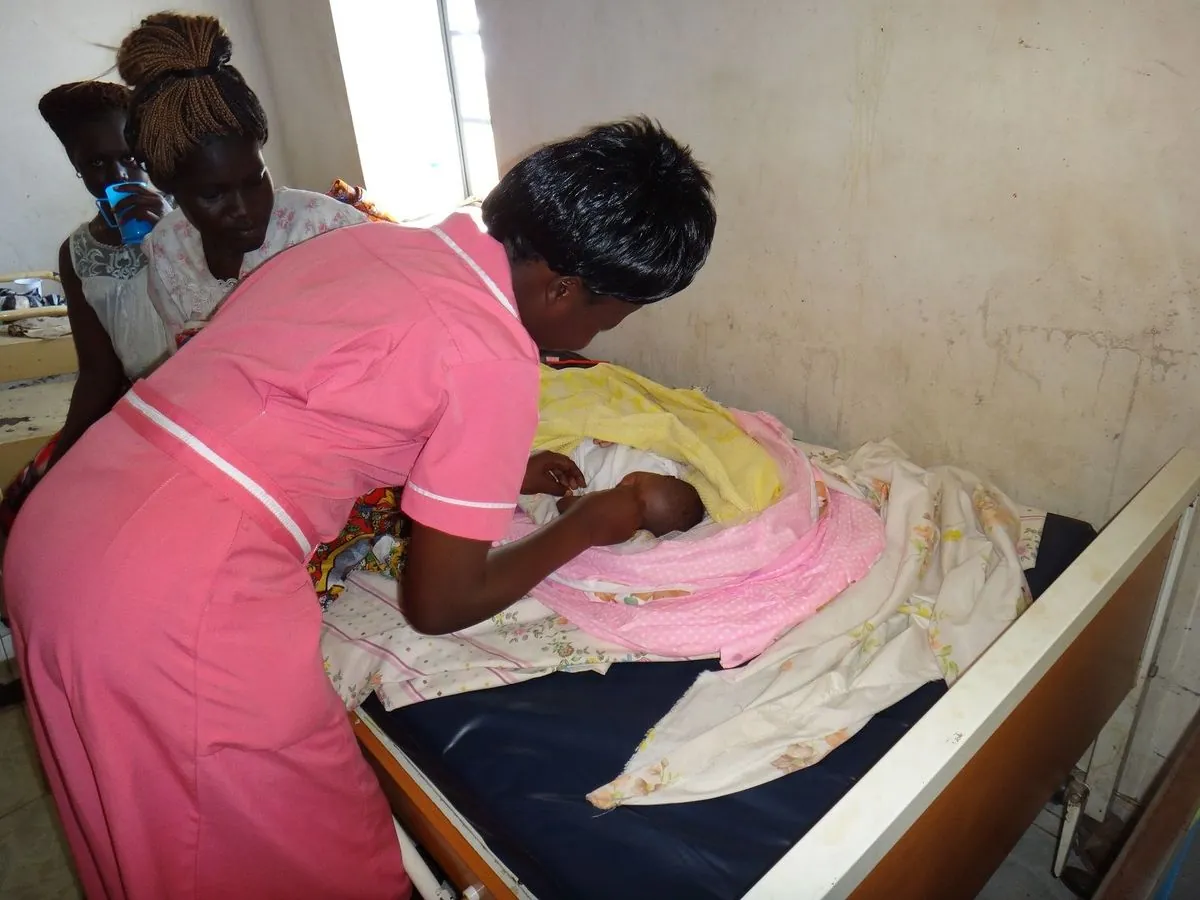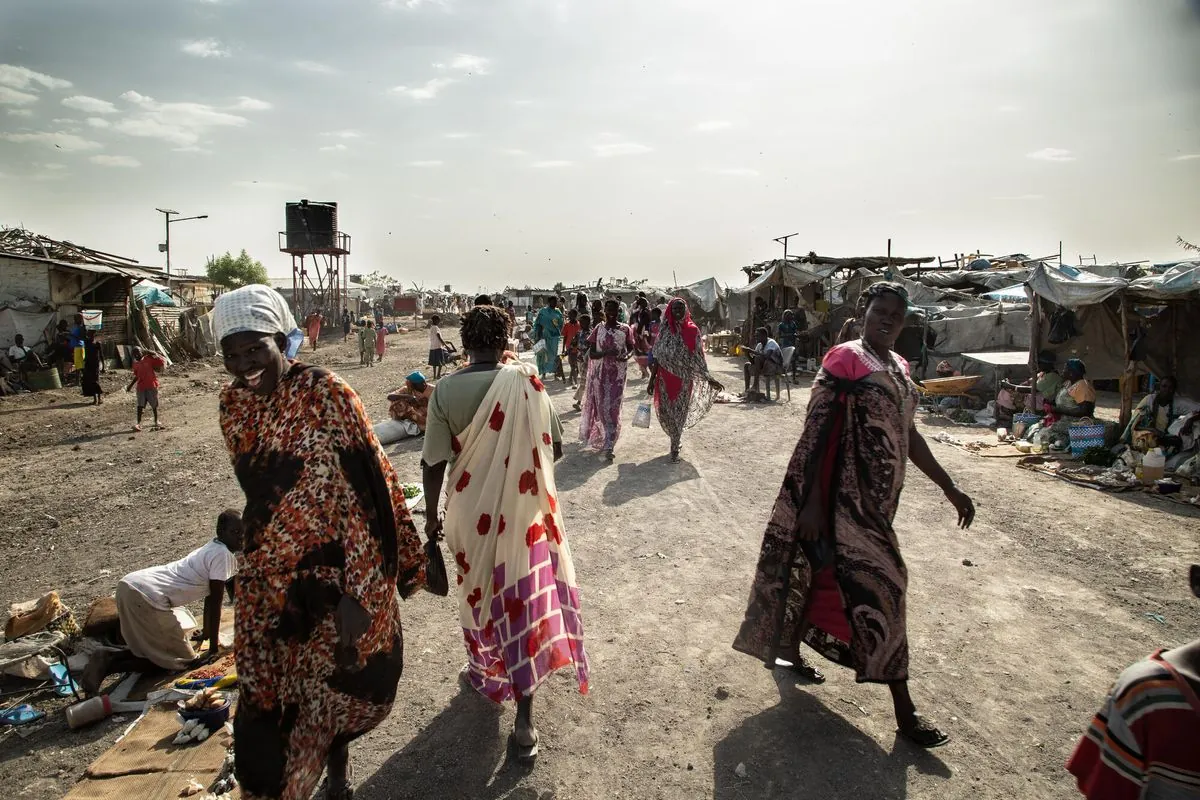South Sudanese Midwife's Journey Highlights Maternal Health Challenges
Elizabeth Nyachiew's path to becoming a midwife in South Sudan reveals the country's struggle with maternal healthcare. Her story reflects the determination needed to overcome conflict and limited resources.

In South Sudan, a country grappling with one of the world's highest maternal mortality rates, Elizabeth Nyachiew's journey to become a midwife exemplifies the challenges and determination required to improve healthcare in the region. Now 36, Nyachiew works at a hospital run by Doctors Without Borders in Bentiu, having overcome numerous obstacles to reach her goal.
South Sudan, the world's newest country, gained independence in 2011 and has since faced significant hurdles in developing its healthcare system. With a population of approximately 11 million, the nation has only about 3,000 midwives, a number deemed insufficient by the health ministry to serve the entire population.
Nyachiew's path to midwifery began at age 16 when she witnessed a neighbor's death during childbirth. This experience fueled her determination to pursue education despite family pressure and societal norms discouraging girls from attending school. Her journey was further complicated by the outbreak of civil war in 2013, which lasted until 2018 and claimed nearly 400,000 lives.

The challenges faced by pregnant women in South Sudan are numerous. Many must walk for hours or even days to reach the nearest medical facility due to the country's limited road infrastructure. Some are transported in wheelbarrows or on stretchers, highlighting the dire need for improved access to healthcare.
"If I saw people dying, I wanted to know why. I kept thinking if I was educated, I'd know the cause and I could help."
The impact of conflict on healthcare in South Sudan has been severe. Nyachiew herself experienced displacement, violence, and the loss of family members during the civil war. Despite these hardships, she persevered in her studies, even traveling to Khartoum to learn Arabic and enhance her education.
Today, South Sudan's health system continues to face significant challenges. The government allocates less than 2% of the national budget to the health ministry, leaving the system heavily reliant on aid organizations and international support. An estimated 75% of the population depends on humanitarian assistance.
Efforts to improve maternal care and train more midwives are ongoing. The United Nations Population Fund is collaborating with South Sudan's health ministry to establish mobile clinics and enhance midwifery education. However, schools lack essential resources such as textbooks and trained tutors.
Nyachiew, now expecting her sixth child, remains committed to her profession and hopes to inspire the next generation of healthcare providers. Her message to young girls emphasizes the importance of education in becoming doctors, nurses, and midwives to serve their communities.
As South Sudan continues its fragile recovery from civil war, the country faces ongoing challenges, including inter-communal violence and widespread poverty. Despite having significant oil reserves, the nation struggles with one of the world's lowest literacy rates and a predominantly young population, with over 50% under 18 years old.
The story of Elizabeth Nyachiew and the state of maternal healthcare in South Sudan underscore the critical need for continued investment in healthcare infrastructure, education, and training to improve the lives of women and children in this young nation.


































